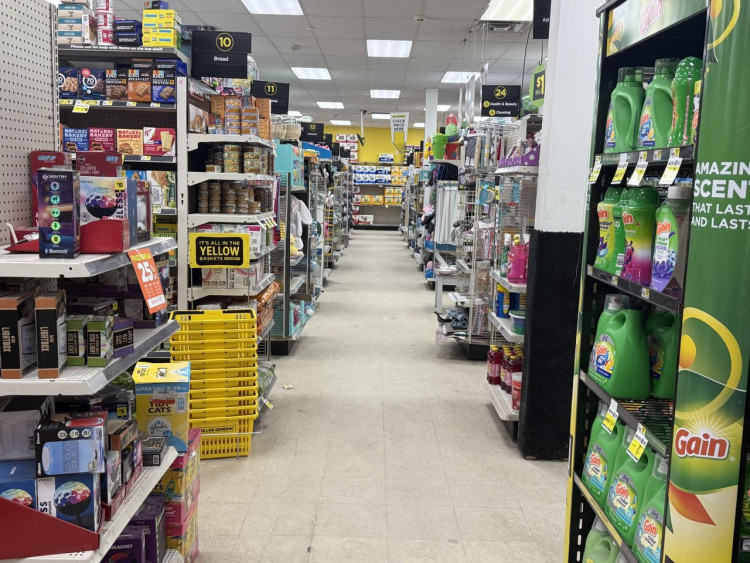Prices on consumer goods ranging from toys to t-shirts are beginning to climb under the weight of President Donald Trump's aggressive tariff policies, with economists warning that the trend marks the early stages of broader inflationary pressure.
U.S. businesses and shoppers are already feeling the pinch. At Macy's in Queens, New York, Clarence Johnson said, "T-shirts, basic t-shirts, underwear, the basic necessities - the prices are going up." Nydia Olvera, a longtime shopper, added, "I remember they used to have these t-shirts for three dollars. Now, no more. Now I pay $7 to $9 for a t-shirt."
The latest Consumer Price Index data, along with e-commerce tracking from analytics firm DataWeave, shows a steady price uptick in tariff-exposed categories. Home and furniture prices have risen 4.7% from January to June. Toy prices rose 3.8% over the same period, while apparel and footwear saw a 1.7% increase. At major chains like Walmart and Target, toy prices surged 7.4% and 6.1% respectively.
According to Goldman Sachs, around 70% of the direct cost of tariffs is expected to be passed onto consumers. "Firms' pricing power is just getting a little weakened because consumer spending is starting to soften," said Nicole Cervi, an economist at Wells Fargo.
Retail executives are navigating difficult decisions on how much of the cost to absorb. Macy's CFO Adrian Mitchell said during a May earnings call, "We're absorbing some of that price as well," even after securing some discounts from suppliers. Macy's has also downgraded its earnings forecast, citing tariff uncertainty.
Trump's phased tariff rollout began in February with Chinese imports and expanded rapidly into steel, aluminum, and textiles by spring. Last week, the administration finalized a deal with Vietnam to impose a 20% tariff on apparel exports, down from the originally proposed 46%. However, Chinese goods routed through Vietnam will face a 40% tariff starting August 1.
The lag in economic impact is due to factors including shipping timelines, stockpiled inventories, and the time required for tariffs to ripple through domestic supply chains. "It's not surprising that tariff effects have not shown up strongly in official consumer prices yet," Goldman Sachs wrote in a July 8 note.
Still, consumer inflation may be at a tipping point. The May CPI showed appliance prices jumping 0.8% for the second consecutive month, while toys posted their highest monthly increase in four years. Tyler Schipper, an economist at the University of St. Thomas, warned, "I think some of this might become more real for people" as fall and holiday spending accelerates.
Wells Fargo forecasts overall CPI could peak at 2.9% later this year. "The core goods side will start to leg up higher because of this tariff pass-through starting to take effect," Cervi noted.
Retailers such as Nike, Target, Best Buy, and Walmart have all signaled they may be forced to pass more costs to shoppers in the coming months. "Some prices will stay the same but others are going to be more expensive," said Macy's CEO Tony Spring.






